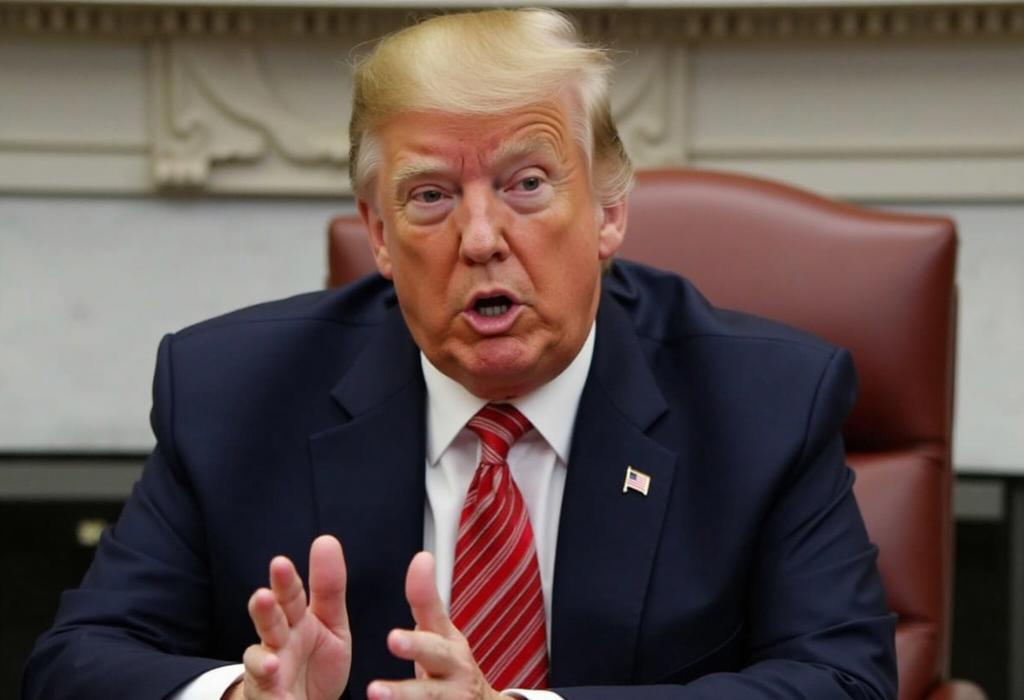In a recent social media post, former President Donald Trump has reignited his criticisms of Federal Reserve Chairman Jerome Powell, explicitly calling for Powell's termination due to his monetary policy decisions. Trump accused Powell of being 'always TOO LATE AND WRONG' regarding interest rate adjustments, contrasting the Fed's actions with those of the European Central Bank (ECB), which is poised to lower rates for the seventh time to spur economic growth. Trump's remarks come on the heels of Powell's speech at the Economic Club of Chicago, where Powell outlined the complexities faced by the Federal Reserve amid ongoing trade tariffs and the current economic climate. The relationship between Trump and Powell has been contentious, with previous criticisms aimed at Powell for not lowering rates during times of economic prosperity. This latest outburst marks the first time Trump has suggested Powell should be fired. However, Powell has reiterated that he cannot be removed without just cause, highlighting the legal protections afforded to the Federal Reserve's independence. The article analyzed by artificial intelligence underscores a pivotal tension between political pressure and economic policy, emphasizing that the integrity of the Fed ideally thrives free from political interference. This ongoing drama raises critical questions about the implications of political influence on fiscal decisions and whether the Fed can maintain its impartiality in a politically charged environment.
AD
AD
AD
AD
Bias Analysis
Bias Score:
70/100
Neutral
Biased
This news has been analyzed from 16 different sources.
Bias Assessment: The article exhibits a moderate level of bias due to its focus on Trump's confrontational stance towards Powell and the implications of that stance on the Federal Reserve's independence. While it presents factual accounts of statements made by both Trump and Powell, the framing of Trump's demands as a significant political conflict may lead readers to perceive a more polarized scenario than what might be reflected in broader economic discussions. Furthermore, the characterization of Trump’s comments as an attack on the Fed's independence could influence readers' opinions on the appropriateness of political discourse surrounding monetary policy.
Key Questions About This Article




